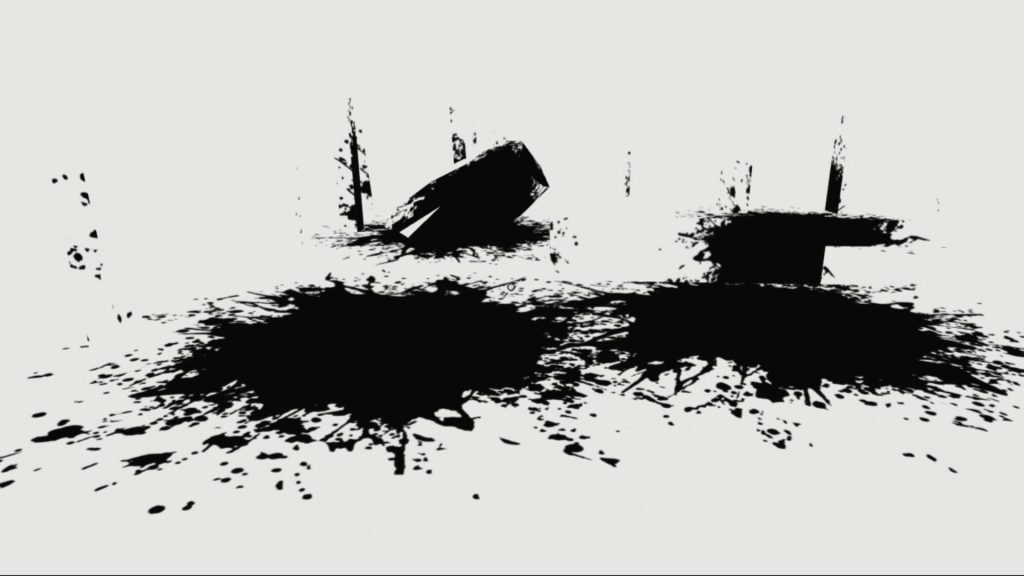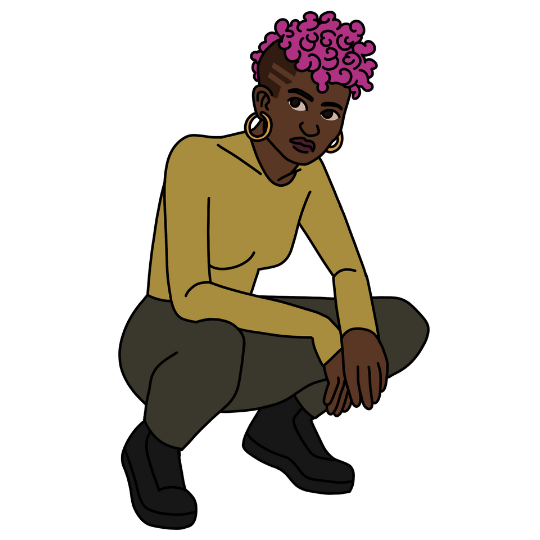Ease your winter woes with a virtual wellness walk
Posted: 9 Dec 2022There’s a lamp on my desk that belongs to my dad. I’ve had it for years, and while I don’t recall exactly when I acquired it, it spends half the year switched off and the other half on. At the end of October, just after the clocks go back in the UK, when the dark nights roll in like thunder and the temperature drops like a stone, my dad asks: “Are you using that light yet?”
I struggle with Seasonal Affective Disorder, you see, or SAD as it’s more commonly known. The light in question is a SAD lamp – an angled UV-free light designed to simulate sunlight, and thus reduce the production of melatonin and combat the fatigue, irritability and low moods that are synonymous with winter depression.
A number of years ago, in the shadow of my uncle’s suicide, I was diagnosed with depression and anxiety disorder, an affliction I’ve since discussed with a number of therapists over time, and one which I offset with a long-term course of anti-depressant medication. Generally speaking, I’m pretty familiar with feelings of despair and worthlessness on a day-to-day basis, then – but at this time of year, it all gets distinctly worse.

Through this, my SAD lamp does its bit to keep me right. Talking to those closest to me does too, not least to my parents, my girlfriend, and my pals. My GP is a wonderful professional whose bedside manner is second to none, and I’ve leant on the NHS on more than one occasion to access counselling if ever I’ve found myself sinking especially low.
Another outlet that I invariably use to fight the winter blues is video games. It’s hardly a secret that games can offer us escapism, but it’s those titles that give us massive, beautiful worlds to explore from the comfort of our living rooms that I find immeasurably helpful at this time of year – the ones that let me lose myself in their sprawling, sun-kissed plains; their lush rolling hills; and their towering, knife-edged mountain ranges.
From The Witcher 3 to Zelda: Breath of the Wild, Fallout: New Vegas, Red Dead Redemption 2 and Skyrim, taking a stroll in the most gorgeous of virtual settings, sidestepping combat to simply exist in these games’ vibrant landscapes is a sure-fire way to balance me out. If a game offers thoughtful side activities, such as fishing or sailing, along the way that’s grand; but even an aimless wander by the shores of the Hylia River or around Velen’s swamps to collect my thoughts is more than ideal. I once tagged along with a pseudo self-help walking group that exists in Grand Theft Auto 5’s online roleplaying community, who meet up at random intervals in-game to climb Mount Chiliad and chat about their mental health highs and lows. I left the group with some touching memories, and a new appreciation for player creativity in a game otherwise designed to facilitate virtual violence.

To this end, walking simulators provide the same outlet for me. Ever since The Chinese Room’s 2008 indie gem Dear Esther popularised the genre, I’ve enjoyed taking time out of real life to unwind in unfamiliar, non-combative worlds – some of which are purely fantastical, others of which mirror reality. The same developer’s BAFTA-winning Everybody’s Gone to the Rapture, for example, lets you explore an unremarkable town somewhere in pastoral England and is absolutely wonderful.
With the late summer sun beaming down on your face, you’re tasked with uncovering a mystery that sees you slowly wandering around narrow country roads lined with red phone boxes, inside quaint rural pubs, and across golden farmlands and swaying wheat fields. By simply thinking about this game, I can feel the stress sliding off my shoulders, and its vibrant colour palette works wonders for my S.A.D.
Campo Santo’s Firewatch is another brilliant non-violent adventure with some equally eye-watering visuals. Filling the boots of a lookout named Henry working in Shoshone National Forest a year after the Yellowstone fires of 1988, you’re again tasked with untangling a mystery while roving around in a beautiful non-linear setting. Without the pressure of a time limit, stopping to smell the roses is an absolute must in this world as you gather clues and learn more about the gorgeous playground around you.
Other favourites of mine in this vein include the coming-of-age tale Gone Home, the auditory delights of Journey, the quirky and unorthodox What Remains of Edith Finch, the hauntingly beautiful The Unfinished Swan, and the unforgettable Ether One – the latter of which explores themes of mental illness and the fragility of the human mind.

Which brings me back full-circle. At the beginning of the still-ongoing global pandemic, our worlds were shrunk down considerably almost overnight. Lockdown and quarantine measures across the globe restricted travel not far beyond our doorsteps, and while much of these constraints have been lifted here in the UK, there are still many countries elsewhere in the world where they remain in place. Video games can’t replace real world exploration, but they can offer an escape in times of crisis – be that on a collective scale or a personal level.
This year, I’ll be escaping to the farthest flung corners of my favourite video games, taking wellness walks in virtual worlds that rescue me from another freezing and wet winter in Glasgow. And in doing so, I’ll answer my dad: “Yes, I am using that light. But I’m also using The Witcher 3 and Firewatch, Zelda: Breath of the Wild and Everybody’s Gone to the Rapture, Skyrim and Ether One to help me deal with Seasonal Affective Disorder.” I hope you’re able to get away this winter too. And I look forward to us turning off the light together at the other end.

Joe Donnelly is a Glaswegian writer, video games enthusiast and mental health advocate. He has written about both subjects for The Guardian, VICE, his narrative non-fiction book Checkpoint, and believes the interactive nature of games makes them uniquely placed to educate and inform.

